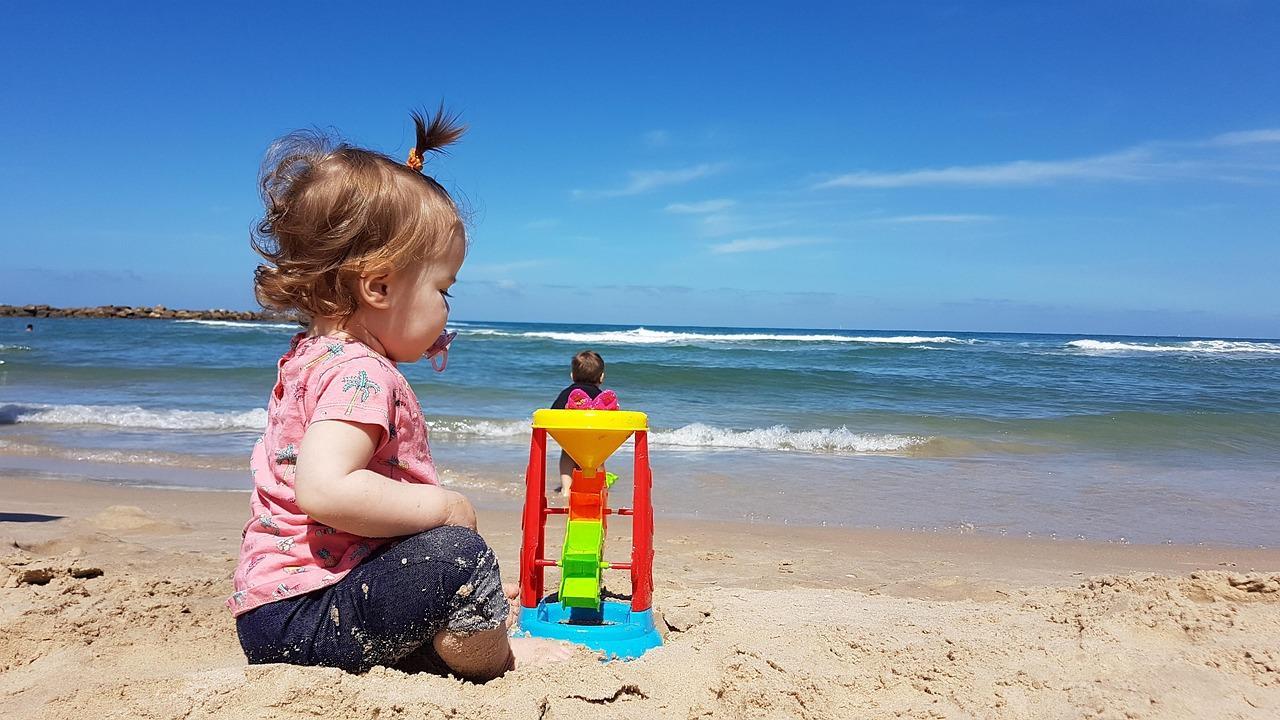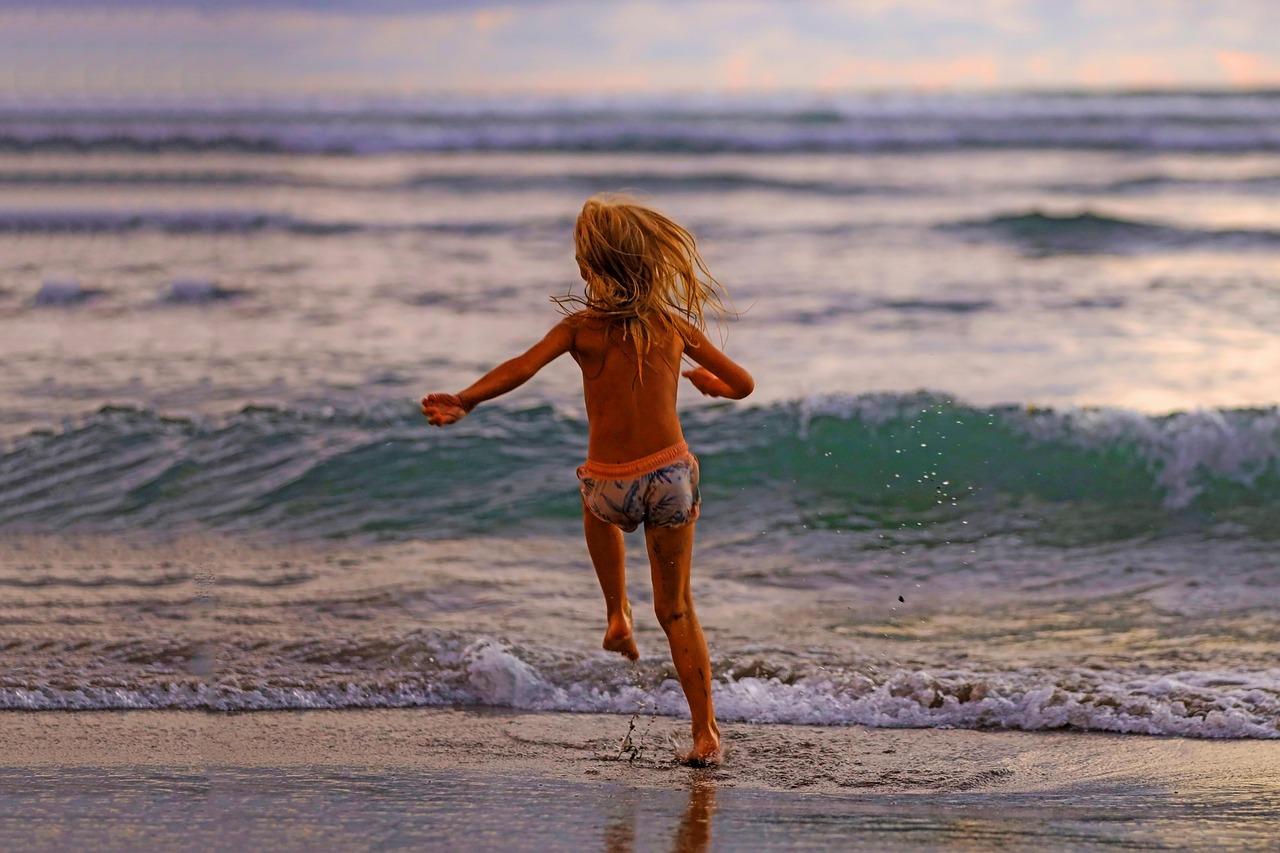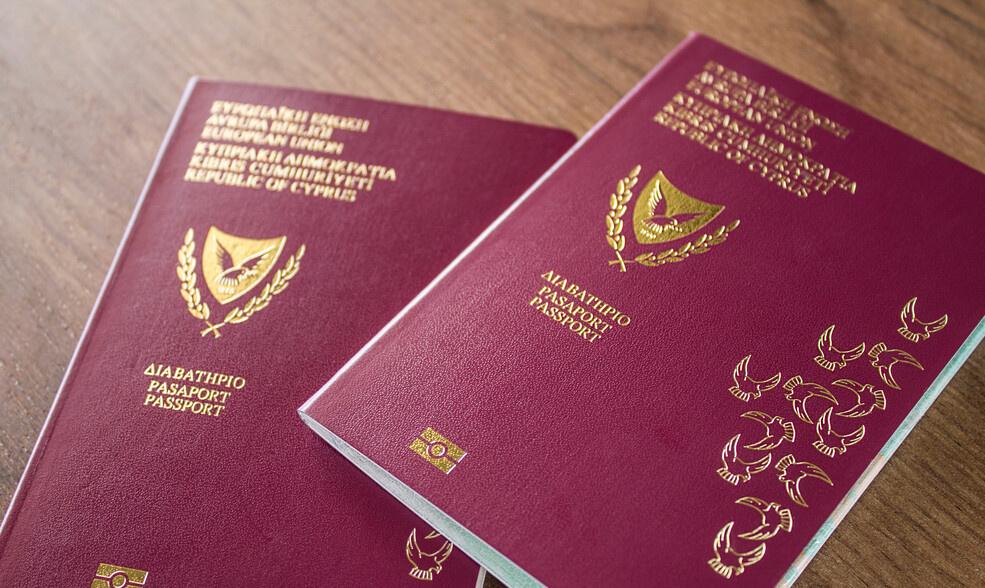Migration to the Republic of Cyprus is both challenging and enticing. Getting to know the island often turns into a desire to live here. Some pursue a long but reliable path to Cypriot citizenship, while others become residents without a passport but with certain benefits.
For the first generation of immigrants, life is not easy. They must first secure legal residence in Cyprus, find a stable income, adjust to the local mentality, and more. For their children, life seems easier — they already have what their parents struggled to obtain and have absorbed both Russian and Cypriot cultures.
However, assuming that children raised in Cyprus have all doors open is somewhat misleading. They face challenges unfamiliar to both native Cypriots and first-generation immigrants.

Initial Period After Moving
The younger the child, the easier the adaptation to life in Cyprus after relocation. Parents often notice that their children adjust to new realities faster than they do. The easiest transition is for children who are not yet in kindergarten.
The most obvious challenge for school-aged children is language. If a child starts school before age seven (usually at 5–6 years old in Cyprus), they may become fluent in two or even three languages within a few years: Russian, English, and Greek (the Cypriot dialect). The choice of school significantly affects their language skills: Russian schools prioritize the native language, British schools focus on English, and public schools teach Greek. Early adaptation is easier in Russian schools, but for future education, the latter two options are preferable.
Social circles are also crucial. Kindergarteners find it easier to make friends — even language barriers are rarely obstacles. Children often understand peers without words and easily form relationships.
Teenagers, however, encounter divisions based on nationality, interests, and other factors, which can lead to feelings of isolation and loneliness at first. The resolution depends largely on teachers and the educational environment provided by schools in Cypriot cities and villages.
Family dynamics also affect adaptation. Adults experience migration stress, which can pass on to their children. Confident and calm parents help children adjust more quickly to new rules and cultural norms.

Challenges of Growing Up
Second-generation immigrant children often face what psychologists call a “loyalty conflict.” They feel part of both Russia and Cyprus. On one hand, they retain their parents’ language, traditions, and values. On the other, they grow up among Cypriots, absorbing local customs and mentality.
Example: In a Russian family, a child is expected to wash their own dishes. Cypriot friends may say they are not required to do any household chores. The resulting dissonance can be challenging for the child.
This internal conflict is most noticeable during adolescence. Some fully immerse themselves in the norms of Cypriot schools to blend in, while others emphasize their “Russianness” and distance themselves from the local environment.
Citizenship often becomes an issue. Some families pursue Cypriot citizenship or permanent residency to make university admission easier. Others maintain Russian passports with temporary or permanent residency in Cyprus, leading to dual identities — legally Cypriot residents, but culturally closer to Russia.
Financial and social factors matter as well. Families who purchase property and obtain residency through fast-track programs often provide a more stable base for their children. Yet even in affluent households, the sense of living between “two worlds” persists.

Summary: What Children Gain Growing Up in Cyprus
Children rarely grow up entirely isolated within the Russian community. Typically, they interact with native Cypriots and other expatriates, acquiring traits of both Russian and Mediterranean mentalities.
Advantages of Cypriot upbringing:
- Exceptional care and love for children instills confidence.
- Children are not constantly compared, fostering self-esteem and resilience.
- Cyprus is one of the safest European countries, making children feel secure.
- Friendliness, hospitality, and a welcoming environment.
- Childhood free from excessive obligations.
- Low stress levels and a zest for life, promoting longevity.
- Strong family values.
- Excellent health due to proximity to the sea, good climate, sun, and fresh local fruits.
- Fluency in Greek and/or English, as these are taught in all schools.
Potential downsides:
- Infantilism and dependence on parents.
- Difficulty handling everyday tasks.
- Limited ambition; primary fulfillment comes from family.
- Southern-style laid-back attitude.
- Idealization of the surrounding world, which may later clash with reality.
Russian parents tend to be stricter, emphasizing chores and healthy habits, but may also pass on anxiety or lack of confidence. Ideally, the best aspects of Russian and Cypriot upbringing are combined, and children often intuitively adopt what benefits them most.

Some Children Leave Cyprus as They Grow Up
Second-generation youth have a broader worldview than native Cypriots. For them, Cyprus is rarely a limit; life geography naturally extends to Russia, Europe, and beyond.
Reasons for leaving:
- Education with return plans: Schools in Cyprus open doors to universities in Cyprus, the UK, or the US. Some may also attend leading Russian universities.
- Education abroad with the intent to stay: Some students find work abroad and remain in the new country while keeping Cypriot residency.
- Returning to their ancestral homeland: Some feel more connected to Russia and choose to move there for studies, work, and family.
In rare cases, even children born and raised solely in Cyprus leave due to the island’s slower pace of life, which may feel too constrained for those with broader horizons. Some may even exchange Cypriot citizenship for Russian citizenship.
Even if a teen leaves Cyprus, growing up in a multicultural environment gives them a dual perspective on the world — connecting Russian heritage with Cypriot culture.

Staying in Cyprus Upon Adulthood
Not all expats obtain Cypriot citizenship, and their children may also lack citizenship. The government allows non-citizens to stay, but legal grounds are required. Options include:
- Buying property: Ownership can help secure temporary or permanent residency, with fast-track programs for properties over €300,000.
- Studying in Cyprus: Universities grant student residency for the duration of studies.
- Working in Cyprus: Employers can sponsor residency for the employee and family.
- Marriage to a Cypriot citizen: Residency and eventual citizenship are possible, along with children’s status.
Some young adults opt to remain as Cypriot tax residents without giving up their original citizenship, benefiting from favorable taxation and career prospects.

Life on the island is diverse. Expats and their children often feel comfortable here. Property ownership helps secure residence, but it’s not essential.
Some expats prefer urban life in Nicosia or Limassol for better infrastructure and activities, while others love village life for tranquility. Children often gravitate toward cities or even abroad.
Second-generation children blend northern practicality with southern emotionality. Some pursue Cypriot citizenship and a future in Europe, others return to Russia. Either way, they gain a broader social perspective and adaptability — potentially shaping the future of Cyprus, influenced not only by policy but also by those raised under its sun, sea, and generous nature.
Read also:
- Can You Drink Tap Water in Cyprus: Is It Safe?
- The Cypriot pace of life — how the island teaches you to slow down and live in the moment
- Cyprus for remote workers — pros and cons, places and cafés for comfortable work
- How to Get a Cyprus Driving Licence - Full Guide
- Real Estate Options for Digital Nomads in Paphos

